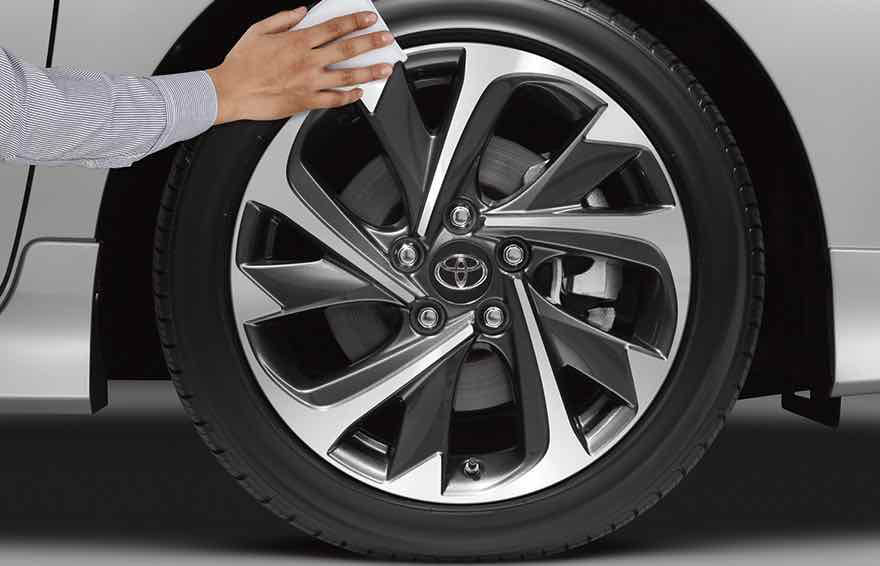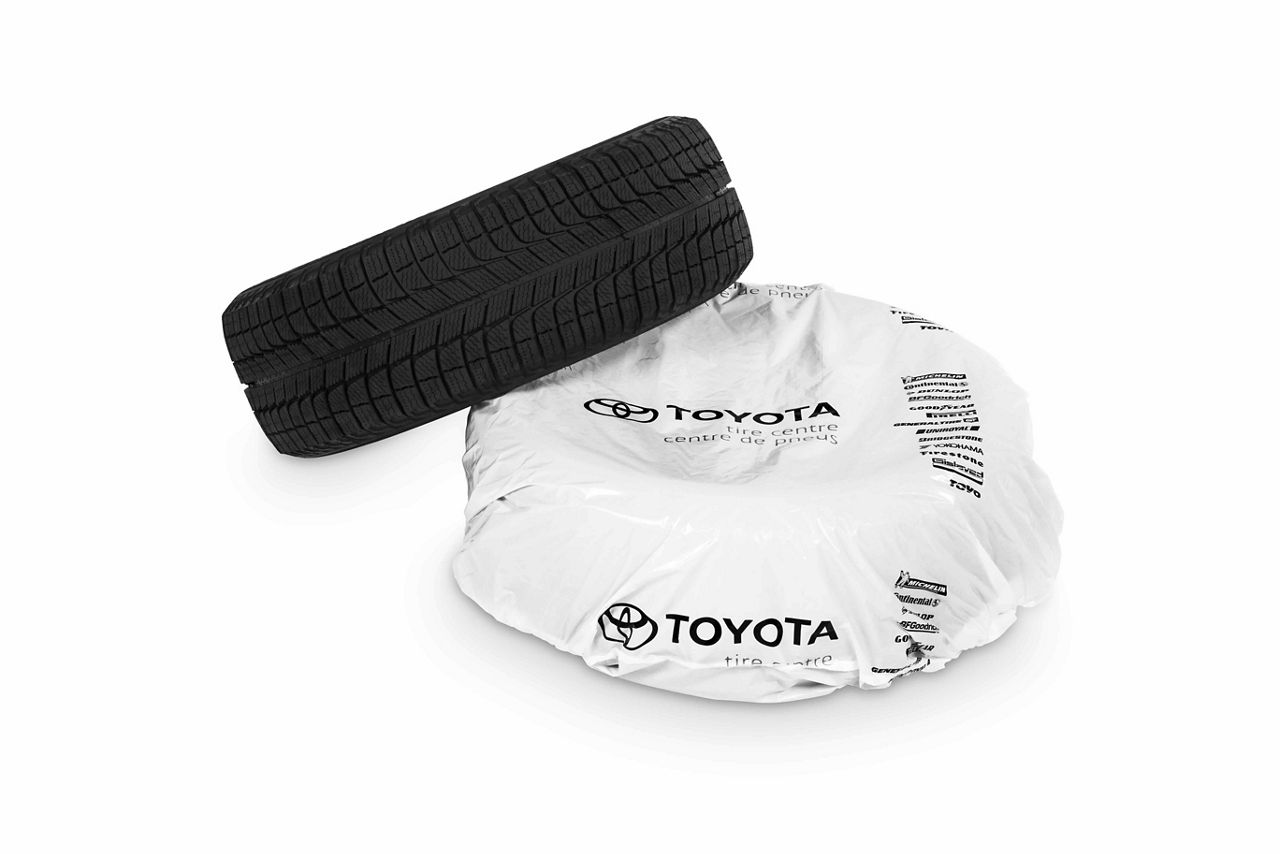Select a province & language
Entrance to this website assumes you have read and agree to these Legal Terms and Conditions and the Privacy Policy.
Entrance to this website assumes you have read and agree to these Legal Terms and Conditions and the Privacy Policy.

For thousands of Canadian drivers, the arrival of spring signals the need for a semi-annual tire changeover. Hopefully, you’ve tackled winter safely and without issue on a quality set of winter tires — and now’s the time to consider what sort of rubber to run on your ride for the warmer portion of the year.
That decision can be complicated. First, Canada’s unique and often-severe climate means drivers in much of the country face a vast array of weather and road conditions between each season. Our severe winters also mean that many conventions around tire types and their use don’t apply for Canadians who are after the highest levels of motoring safety and peace of mind.
Complicating things further are the ever-growing array of tires offered up with season-specific performance attributes, claims of year-round effectiveness, some misleading nomenclature, and numerous myths.

Your local Toyota dealer stocks only high-quality tires, specially selected to work best with your Toyota for maximum durability, confidence, and safety.
Many popular Toyota models are built for Canadians, by Canadians, and selecting the proper tires helps ensure that drivers get the most out of their Toyota — whether it’s new or well used.
Below, we’ll look at some different tire types, some pros and cons of each and why some are much better suited than others to handle Canadian driving.
ALL-SEASON TIRES
What They Are: All-season tires are a one-size-fits-all solution targeting a driver who wishes to use a single tire all year round. The main appeal of an all-season tire is as a time-saving and convenience measure since they’re intended for year-round use in a mild climate.
What You Need to Know: All-season tires are intended for general-purpose use in most conditions. Further, as all-season tires are designed for year-round use in an average climate, they’re insufficient for use in most of Canada during the winter, as our climate is more severe than what an all-season tire is designed to tackle. If you live in a place with very mild winters, all-season tires might be sufficient — but in most of Canada, that’s not the case.
Notes: Since all-season tires are meant to tackle very mild winter conditions, if any at all, they’re insufficient for use in Canadian winters by drivers after maximum traction and safety. Many drivers correctly choose to run a set of winter tires in the winter, and a set of all-season tires throughout the rest of the year. A common convention is that all-season tires are actually three-season tires, as more and more Canadian drivers learn that all-season tires are far from optimal in winter driving.

WINTER TIRES
What They Are: Winter tires use special rubber compounds, tread patterning, and supplemental design features that fully optimize them for when temperatures move below 7° Celsius. With no compromises towards performance in other seasons, dedicated winter tires are the single best choice for the Toyota driver after maximum safety, grip, traction and peace of mind. Specially engineered rubber is intended only for use in cold temperatures, where it offers a dramatic traction improvement over all-season or all-weather tires.
What You Need to Know: Since winter tires are designed only to be used in severe winter weather and extreme cold, they must be removed as the warm weather arrives. By the time the average temperature outside exceeds about 7 degrees Celsius, winter tires should be replaced with summer or all-season tires. The rubber compound used in winter tires is very soft and intended only for use in cold weather. Using winter tires in warmer seasons can negatively affect vehicle handling and steering response and may result in accelerated tire wear.
Notes: Regardless of vehicle type or installed features, there’s only one way to increase the friction between a vehicle and a snow or ice-covered road—and that is to install a quality set of winter tires. This dramatically improves the traction available to your Toyota’s important winter-tackling features, like stability control, anti-lock brakes (ABS) and all -wheel drive (AWD).
Switching between two sets of tires through the year means each set of tires will last about twice as long — meaning winter tire users experience both improved safety and longer life from both sets of tires.
SUMMER TIRES
What They Are: Summer tires are the opposite of winter tires, designed specifically for use in warmer conditions. The focus of summer tires is solely on high levels of grip, traction, and performance in good weather. Best of all, and especially if you own a sportier Toyota model, running a set of summer tires in the warmer months can enhance handling precision, steering response, and all-around performance and driving enjoyment.
What You Need to Know: It’s all about the vehicle in question — and how it’s being driven. Summer tires are intended for a sportier driver in a higher-performing vehicle, and may not be appropriate for some applications like pickup trucks and crossovers. In some conditions, summer tires may wear more quickly than all-season tires, which is a compromise resulting from their enhanced grip.
Notes: For maximum driving enjoyment and confidence in all seasons, smart Canadian drivers tend to use a set of winter tires in the colder months, and a set of all-season tires in the warmer ones — though sportier summer tires may be a better choice here, depending on the vehicle, and driver tastes. Like winter tires, summer tires are specialty tires, designed for use only in specific conditions.